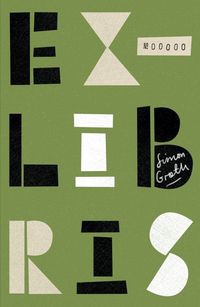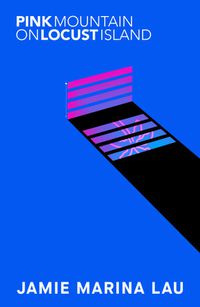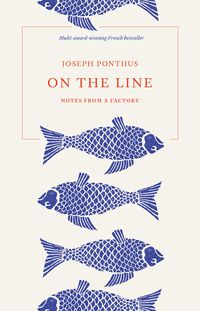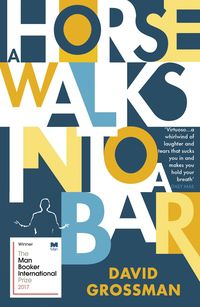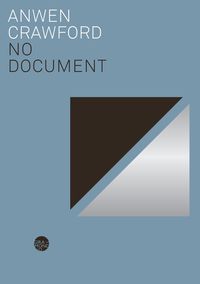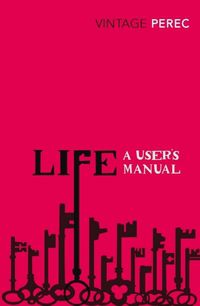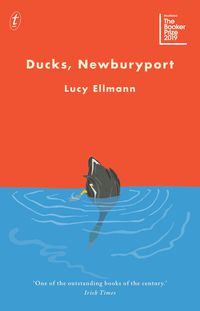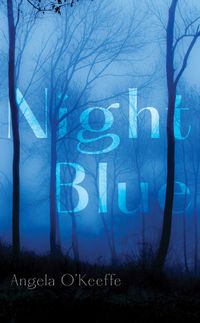These genre-bending works are pushing the literary envelope to defy simple categorisation and interpretation. We’ve collected ten works of experimental literature – some old, some new – that continue to pique our interest. We recommend exploring the following titles if you’re looking for some rewarding reading…
Ex Libris by Simon Groth
The metropole is a place where every decision, every movement is tracked and interpreted by the network to curate content for the comfort and containment of its citizens, where imagination and fiction are suppressed, and where books have been abandoned in favour of instant gratification.
Against this backdrop, a loose gathering of subversives collects the scraps of texts left behind. Calling themselves free readers, they seek to reconstruct a library from fragments away from the watchful eye of the feared committee for public safety. Twelve of the chapters in this book are arranged at random, with each new copy shuffled anew, one of 479,001,600 possible variations. No two copies of Ex Libris are identical, and yet all tell the same story.
Pink Mountain on Locust Island by Jamie Marina Lau
Fifteen-year-old Monk lives in Chinatown with her ‘grumpy brown couch’ dad. When Santa Coy - possible boyfriend, potential accomplice - enters their lives, an intoxicating hunger consumes their home. With her dodgy dad obsessed with Santa Coy’s art, so begins a heady descent into art, casino resorts, drugs, vacant swimming pools, religion, pixelated tutorial videos, and senseless violence. In bursts of fizzing, staccato and claustrophobic prose, this modern Australian take on the classic hard-boiled noir novel bounces you between pulverised English, elastic Cantonese and the new dialect of a digitised world.
This award-winning story will once again be available on 28 April.
On the Line by Joseph Ponthus
Unable to find work in his field, Joseph Ponthus enlists with a temp agency and starts to pick up casual shifts in the fish processing plants and abattoirs of Brittany.
Day after day he records with infinite precision the nature of work on the production line: the noise, the weariness, the dreams stolen by the repetitive nature of exhausting rituals and physical suffering. But he finds solace in a life previously lived. Shelling prawns, he dreams of Alexandre Dumas. Pushing cattle carcasses, he recalls Apollinaire. And, in the grace of the blank spaces created by his insistent return to a new line of text – mirroring his continued return to the production line – we discover the woman he loves, the happiness of a Sunday, Pok Pok the dog, the smell of the sea.
[A Horse Walks Into A Bar](4]] )_ by David Grossman
The setting is a comedy club in a small Israeli town. An audience that has come expecting an evening of amusement instead sees a comedian falling apart on stage; an act of disintegration, a man crumbling, as a matter of choice, before their eyes. They could get up and leave, or boo and whistle and drive him from the stage, if they were not so drawn to glimpse his personal hell.
Dovaleh G, a veteran stand-up comic - charming, erratic, repellent - exposes a wound he has been living with for years: a fateful and gruesome choice he had to make between the two people who were dearest to him.
No Document by Anwen Crawford
No Document is an elegy for a friendship cut short prematurely by death. The memory of this friendship becomes a model for how we might relate to others in sympathy, solidarity and rebellion. At once intimate and expansive, Anwen Crawford’s book-length essay explores loss in many forms: disappeared artworks, effaced histories, abandoned futures. From the turmoil of grief and the solace of memory, her perspective embraces histories of protest and revolution, art-making and cinema, border policing, and especially our relationships with animals.
Here Crawford draws on her background as a zine-maker and visual artist, and her training in poetry, to develop a new way of writing about the past, using a symphonic method of composition and collage.
The Penguin Book of Oulipo by Philip Terry
A celebration of one of the most curious and playful literary groups of the twentieth century Brought together for the first time, here are 100 pieces of ‘Oulipo’ writing, celebrating the literary group who revelled in maths problems, puzzles, trickery, wordplay and conundrums. Featuring writers including Georges Perec, Raymond Queneau and Italo Calvino, it includes poems, short stories, word games and even recipes. Alongside these famous Oulipians, are ‘anticipatory’ wordsmiths who crafted language via unusual constraints and literary tricks, from Jonathan Swift to Lewis Carroll. Philip Terry’s playful selection will appeal to lovers of word games, puzzles and literary delights.
Life: A User’s Manual by Georges Perec
One of the most dazzling and ingeniously contrived works of twentieth-century fiction, an entire microcosm brought to life in a Paris apartment block. Serge Val-ne, one of the inhabitants of the apartment block, has conceived the idea of a painting which will show in exact detail the inside of each apartment within the building, every person, every object. As he thinks of his picture, he contemplates the lives of all the people he has ever known or heard about in sixty years living there. Chapter by chapter, room by room, the narrative moves around the building, revealing as it does so a marvellously diverse cast of characters in a series of ever more unlikely tales, which range from an avenging murderer to an eccentric English millionaire who has devised the ultimate pastime.
Ducks, Newburyport by Lucy Ellman
An Ohio mother bakes pies while the world bombards her with radioactivity and fake facts. She worries about her children, caramelisation, chickens, guns, tardigrades, medical bills, environmental disaster, mystifying confrontations at the supermarket, and the best time to plant nasturtiums.
She regrets most of her past, a million tiny embarrassments, her poverty, the loss of her mother, and the genocide on which the United States was founded.
But in Lucy Ellmann’s scorching indictment of American barbarity comes a plea for kindness. Ducks, Newburyport is a heresy, a wonder, and a revolution in the novel. It is also unforgivably funny.
Night Blue by Angela O'Keeffe
Potent, haunting and lyrical, Night Blue is a debut novel like no other, a narrative largely told in the voice of the painting Blue Poles. It is a truly original and absorbing approach to revisiting Jackson Pollock and his wife Lee Krasner as artists and people, as well as a realigning our ideas around the cultural legacy of Whitlam’s purchase of Blue Poles in 1973.
It is also the story of Alyssa, and a contemporary relationship, in which Angela O'Keeffe immerses us in the essential power of art to change our personal lives and, by turns, a nation.
Moving between New York and Australia with fluid ease, Night Blue is intimate and tender, yet surprisingly dramatic. It is a glorious exploration of how art must never be undervalued.
You can now preorder
The Sunken Land Begins to Rise Again by M. John Harrison
Shaw had a breakdown, but he’s getting himself back together. He has a single room, a job on a decaying London barge, and an on-off affair with a doctor’s daughter called Victoria, who claims to have seen her first corpse at age fourteen. It’s not ideal, but it’s a life. Or it would be if Shaw hadn’t got himself involved in a conspiracy theory that, on dark nights by the river, seems less and less theoretical…
Meanwhile, Victoria is up in the Midlands, renovating her dead mother’s house, trying to make new friends. But what, exactly, happened to her mother? Why has the local waitress disappeared into a shallow pool in a field behind the house? And why is the town so obsessed with that old Victorian morality tale, The Water Babies?
As Shaw and Victoria struggle to maintain their relationship, the sunken lands are rising up again, unnoticed in the shadows around them.


